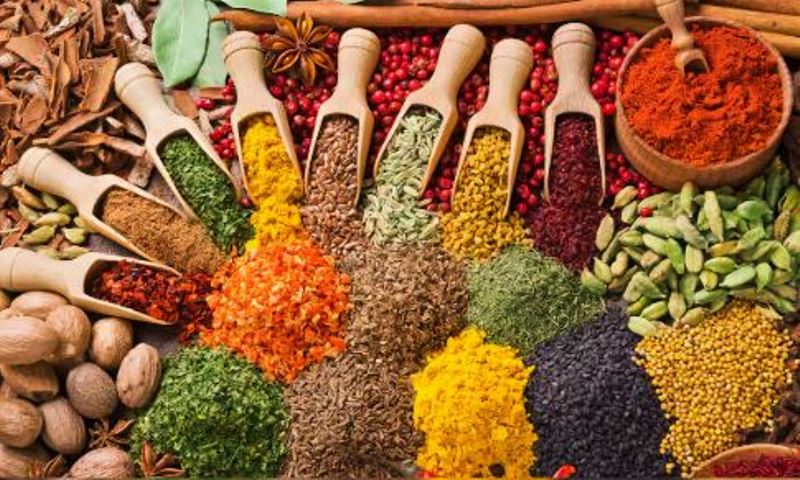Indian suppliers of spices, tea and several processed foods are set to benefit after US President Donald Trump reduced import duties on close to 200 agricultural and food products.
The move comes as the US administration is facing domestic pressure over rising prices.
The revised duty list includes products in which India has a strong export presence — black pepper, cloves, cumin, cardamom, turmeric, ginger, speciality teas, mango-based products, and selected nuts including cashew. According to TOI, India shipped more than $500 million worth of spices to the US in 2024, while tea and coffee exports were valued at close to $83 million.
However, some of India’s largest agri-linked exports to the US, seafood such as shrimp and basmati rice, remain outside the exemption list. High tariffs also continue on Indian jewellery, apparel and gems until the two sides settle broader trade issues. The US is still waiting for New Delhi to “turn off the Russian oil spigot and step up buying US energy.”
Indian officials said that processed foods worth an estimated $491 million last year are likely to gain the most.
These include coffee and tea extracts, cocoa preparations, juices, fruit pulps, mango derivatives and vegetable waxes. Spices, valued at $359 million in exports last year, are next in line. Another 48 fruits and nuts, among them coconuts, guavas, mangoes, cashews, bananas, areca nuts and pineapples, are also covered, though their export value stands at about $55 million.
The officials said the tariff relief will improve India’s position in the market. “These reductions will provide a levelplaying field for these agri exports which were disadvantaged due to higher tariffs on India’s exports vis-a-vis its competitors. Our products are well-placed to gain due to existing supplier credibility, established distribution networks, and strong diaspora-driven demand — factors that provide a competitive edge in the US,” an official said.
The rollback was issued through an executive order Trump signed on Friday, a step that follows increasing voter frustration over inflation and affordability concerns. The concern over rising prices contributed to Republican losses in recent byelections, media reported. Trump has also explored distributing $2,000 rebate checks funded through tariff revenue, and ordered a review of the meatpacking industry over price spikes.
US trade groups and economists welcomed the tariff reduction, even as the president continued to insist prices have fallen. Critics have accused the administration of being out of touch with voters’ financial pressures.
The tariff easing comes against the backdrop of the US president hosting a Gatsby-themed Halloween event at Mara-Lago and overseeing construction of a new ballroom. Critics described it as part of a “gilded Oval Office” aesthetic, highlighting the contrast with concerns about everyday living costs.

